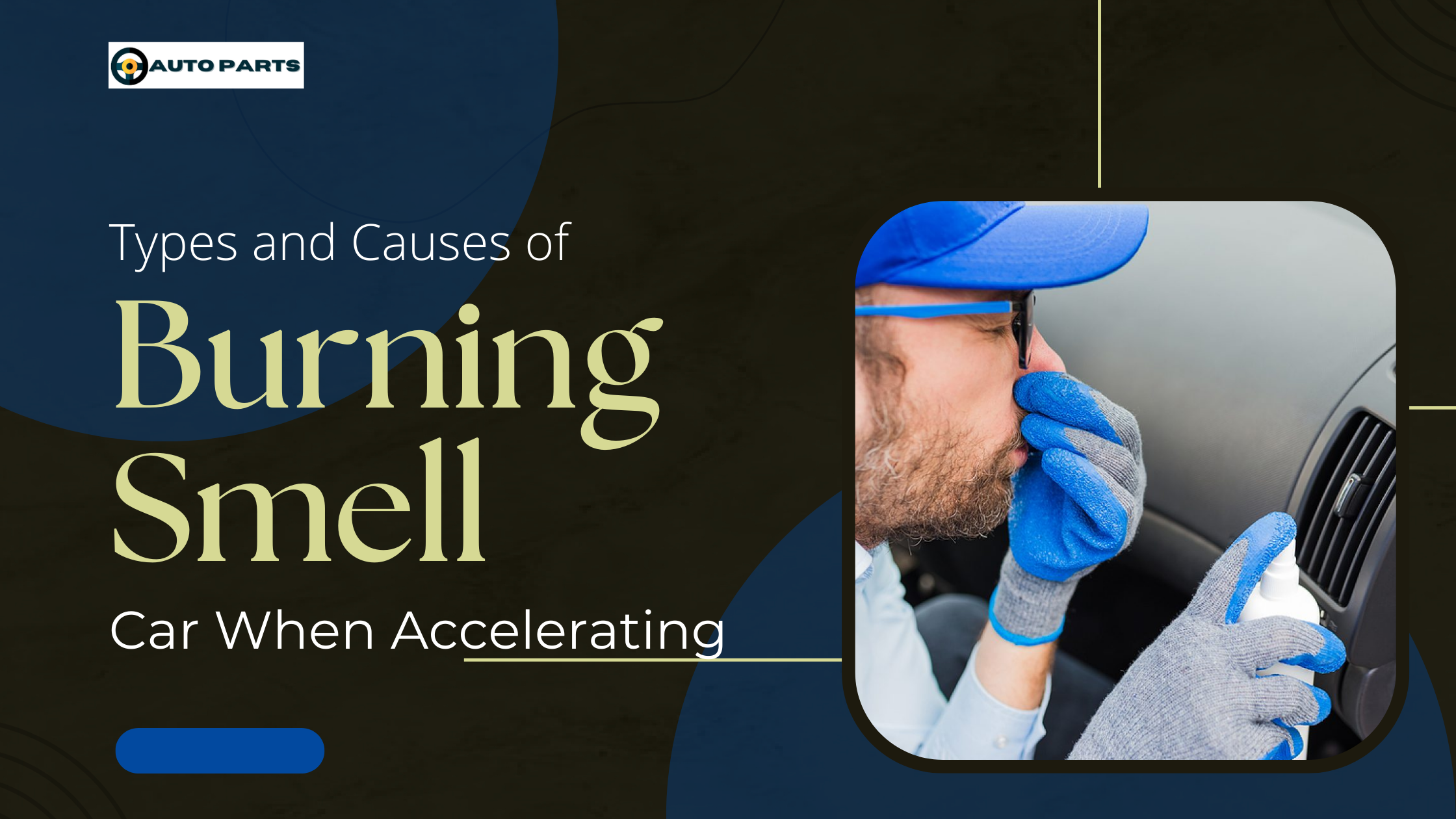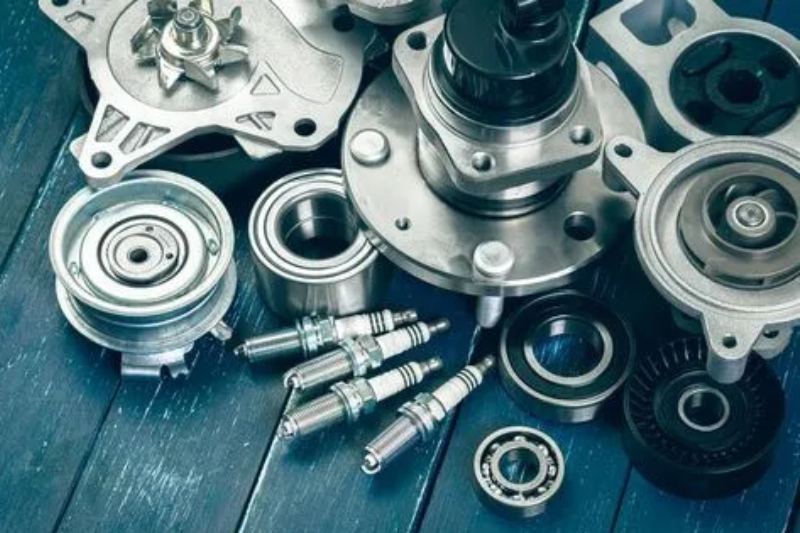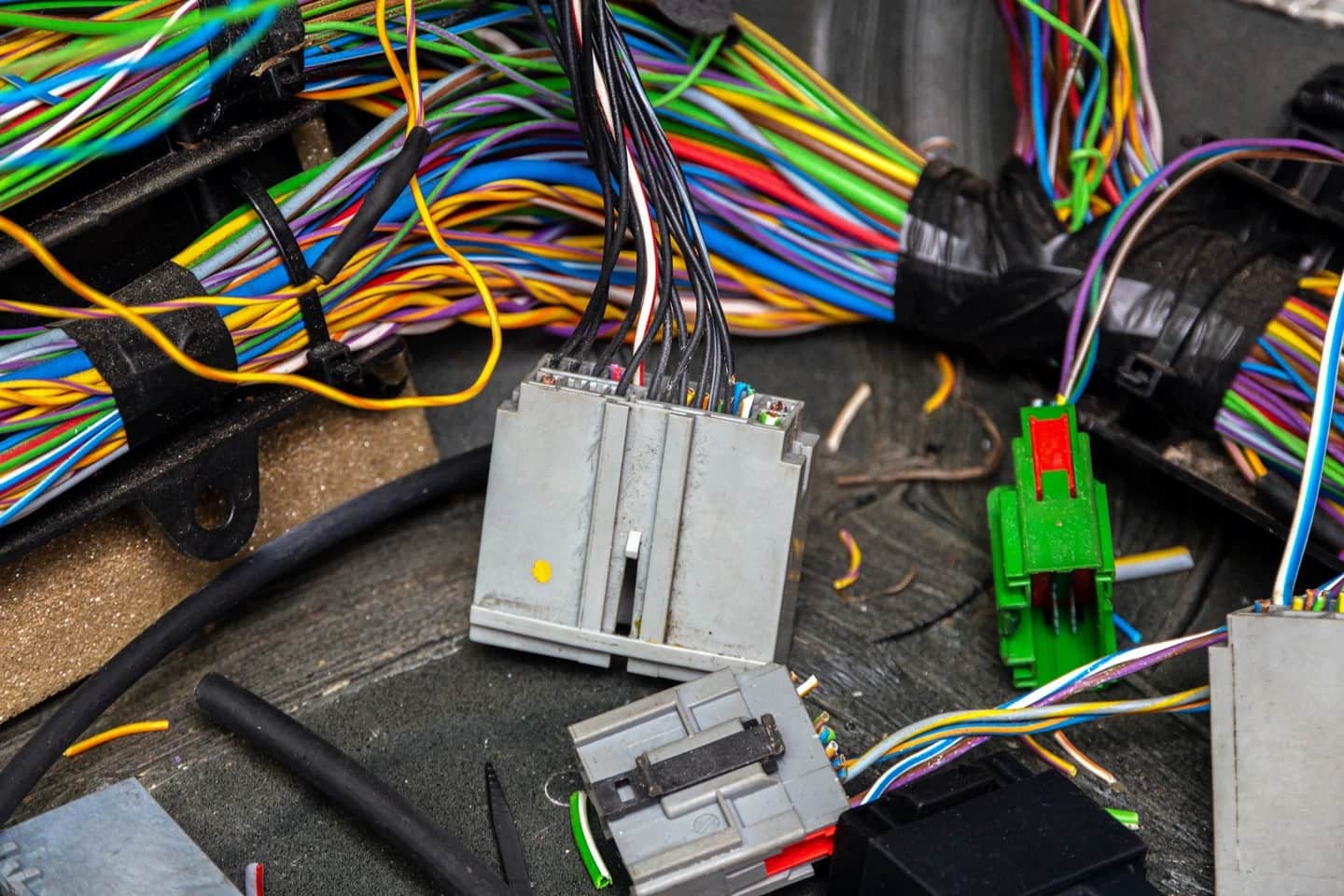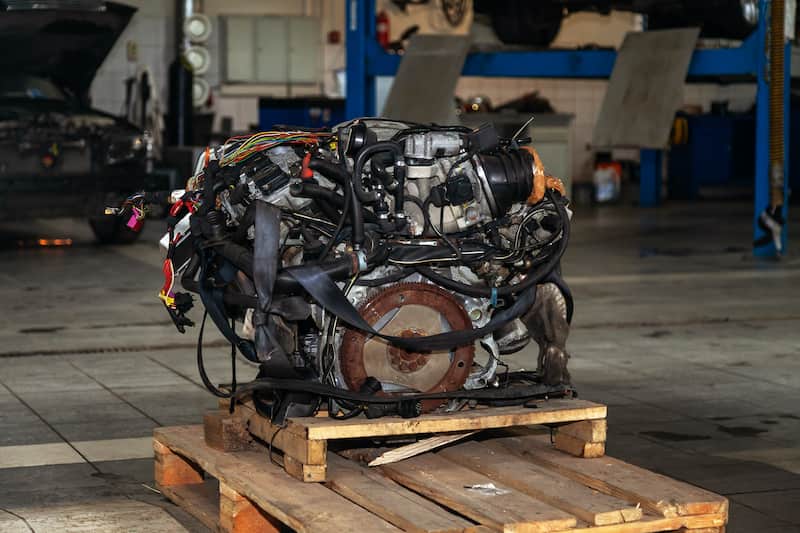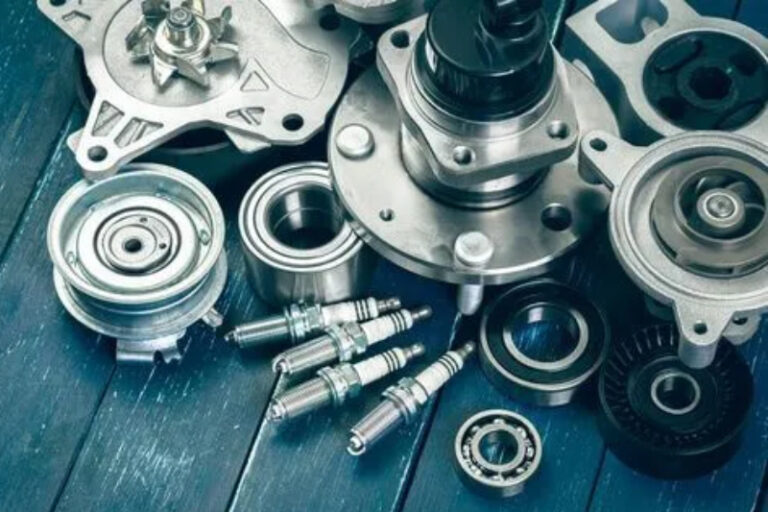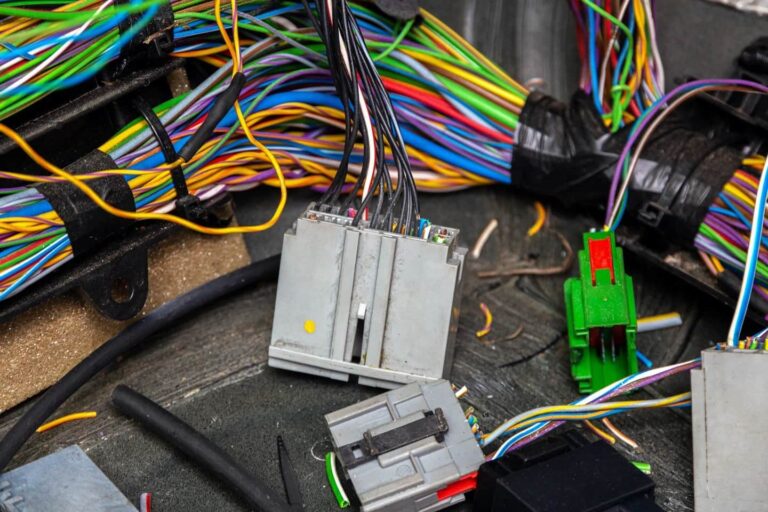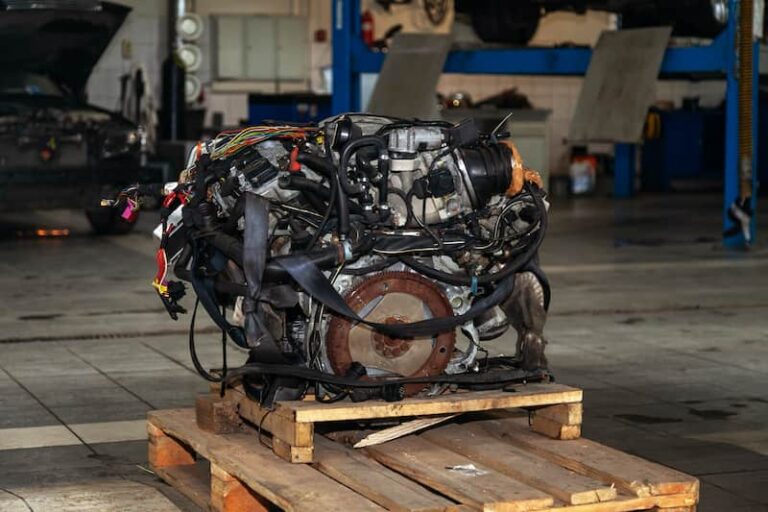A burning smell from a car when accelerating is one of the most concerning signs a driver can experience. Strange or sharp odors are often early warnings that a component is overheating, leaking, or operating incorrectly. Whether the odor resembles burning rubber, plastic, oil, or carpet, each type of smell points to a different system malfunction that needs immediate attention. Not only does a burning smell indicate risk to your car’s mechanical health, but inhaling fumes may also pose hazards to the passengers. Knowing the causes and symptoms early on can prevent larger, costlier repairs and potential breakdowns on the road.
Cars, trucks, and SUVs contain electrical components, rubber parts, multiple fluids, and heat-generating systems. Because of this complex combination, several factors may trigger a burning smell while accelerating. Below are the four major types of burning odors and their most common causes.
1) Smell of Burning Rubber
A burning rubber smell is among the most common odors drivers notice when cars accelerate. Multiple components in the engine bay feature rubber materials that can overheat or melt when exposed to friction or extreme temperature.
Drive Belt Issues
The serpentine belt, commonly known as the drive belt, ensures your water pump, alternator, AC compressor, and power steering pump operate smoothly. If any accessory pulley locks or seizes, the belt continues rotating against a stationary component. This friction generates heat and produces a burnt rubber smell. Drivers may also hear screeching, flapping, or slapping noises when the belt struggles to move over the pulleys. Ignoring this can cause the belt to snap, leading to immediate engine issues.
Clutch Problems
Manual transmission vehicles may emit a burnt rubber smell due to an overheating clutch. When the clutch is not fully released or is “ridden” during takeoff, the friction plate overheats. Continuous improper shifting can wear down the clutch surface, causing a strong burnt odor every time the vehicle accelerates. This is especially common in new drivers or during heavy traffic.
Coolant or Oil Leaks
Leaking fluids such as coolant, power steering fluid, transmission fluid, or engine oil can drip onto hot components like the exhaust manifold. When exposed to extreme heat, these fluids burn and release a distinct rubber-like odor. Often, the root cause is a worn-out gasket or hose allowing fluid to escape.

2) Smell of Burning Plastic
A burning plastic smell is usually sharper and more irritating than a rubber smell. Since modern vehicles are filled with plastic connectors, insulation, and electrical coverings, it’s possible for several components to be responsible.
Broken or Clogged Heater
Dust buildup inside the heater vents may burn when the heater switches on after long periods of inactivity. Large pieces of debris such as leaves or plastic wrappers may fall into the vent system and burn against heating elements. In other cases, coolant leakage inside the heater core can produce a chemical-plastic smell. A cracked heater core is a costly repair and requires immediate attention.
Burning Electrical Components
A short circuit anywhere in the wiring harness can melt plastic wire insulation. Exposed wires may contact each other or metal surfaces, producing sparks and overheating. This not only creates a burning plastic odor but can potentially lead to an electrical fire. Because electrical issues are complex, a certified mechanic should inspect melted wires, blown fuses, and faulty resistors immediately.
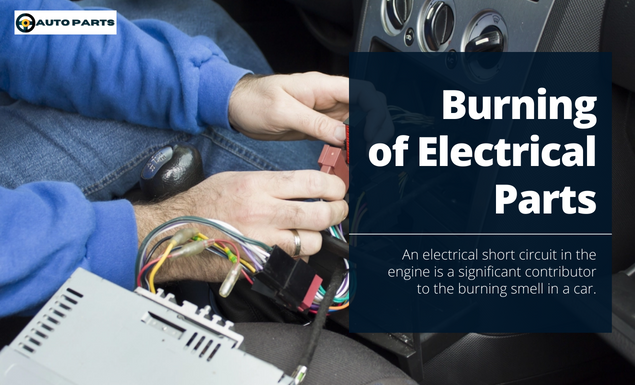
3) Smell of Burning Oil
A burning oil smell from a car when accelerating is one of the most serious fragrance symptoms you can encounter. It signals leakage or excessive oil consumption, both of which can harm the engine.
Old or Dirty Motor Oil
Failing to change motor oil on schedule leads to thick, contaminated oil that struggles to lubricate engine components. As friction increases, oil begins burning off, producing a lingering burnt odor. The exhaust may also release dark fumes, warning that the engine is consuming oil faster than normal.
Engine Oil Leaks
Oil leaks often originate from worn valve cover gaskets, cracked hoses, damaged seals, or loose oil caps. As the car accelerates, leaked oil can splash onto hot parts such as the exhaust manifold. Once it burns, the smell enters the cabin through the vents. Over time, the leaking oil can reduce engine lubrication, causing overheating or engine knocking.
Loose Oil Filter or Damaged Oil Plug
If the oil filter loosens due to vibration or poor installation, small amounts of oil drip around the engine bay. Damaged oil pan plugs also contribute to slow leaks. Once these leaks reach extremely hot surfaces, the oil burns instantly, producing a strong burnt smell. You may even see oil spots under the parked vehicle.
4) Smell of Burning Carpet
A burning carpet or burnt fiber smell is usually linked to the braking system.
Overheated Brake Pads or Rotors
When driving downhill or during heavy stop-and-go traffic, constant braking generates excessive heat. Overheated brake pads begin to smell like burning carpet. If this odor persists, the pads may wear prematurely or lose braking efficiency. In severe cases, overheated brakes can fail entirely.
Sticking Brake Calipers
Sticky or dragging calipers keep the pads in continuous contact with the rotor, even when the driver is not pressing the brake pedal. This constant friction produces a burning smell and may cause the wheels to heat up noticeably. Immediate inspection is crucial to prevent rotor warping and brake system failure.
Burning smells should never be ignored because they can escalate into fires, engine damage, or complete mechanical breakdowns. Whether the smell resembles rubber, plastic, oil, or carpet, the safest approach is to stop driving, identify the source, and consult a professional mechanic. Early diagnosis not only protects your vehicle but also ensures the safety of passengers and other road users.
If you’re looking for used or refurbished car components at affordable prices, visit Auto Vehicle Parts. We offer high-quality, tested auto parts from multiple brands and models.
FAQs
It is unsafe. A burning smell indicates overheating, leaks, or electrical faults. Continuing to drive may lead to fires, engine failure, or brake malfunction.
The most common reasons include a slipping belt, seized pulley, clutch problems, or leaking fluids burning on hot surfaces.
Yes. Low oil increases engine friction, causing parts to overheat and oil to burn off faster, producing a strong burnt smell.
Dust, debris, electrical shorts, or a failing heater core may cause plastic-like burning smells from the HVAC system.
Immediately. Any burning smell – whether rubber, plastic, carpet, or oil – requires quick inspection to prevent severe damage.

